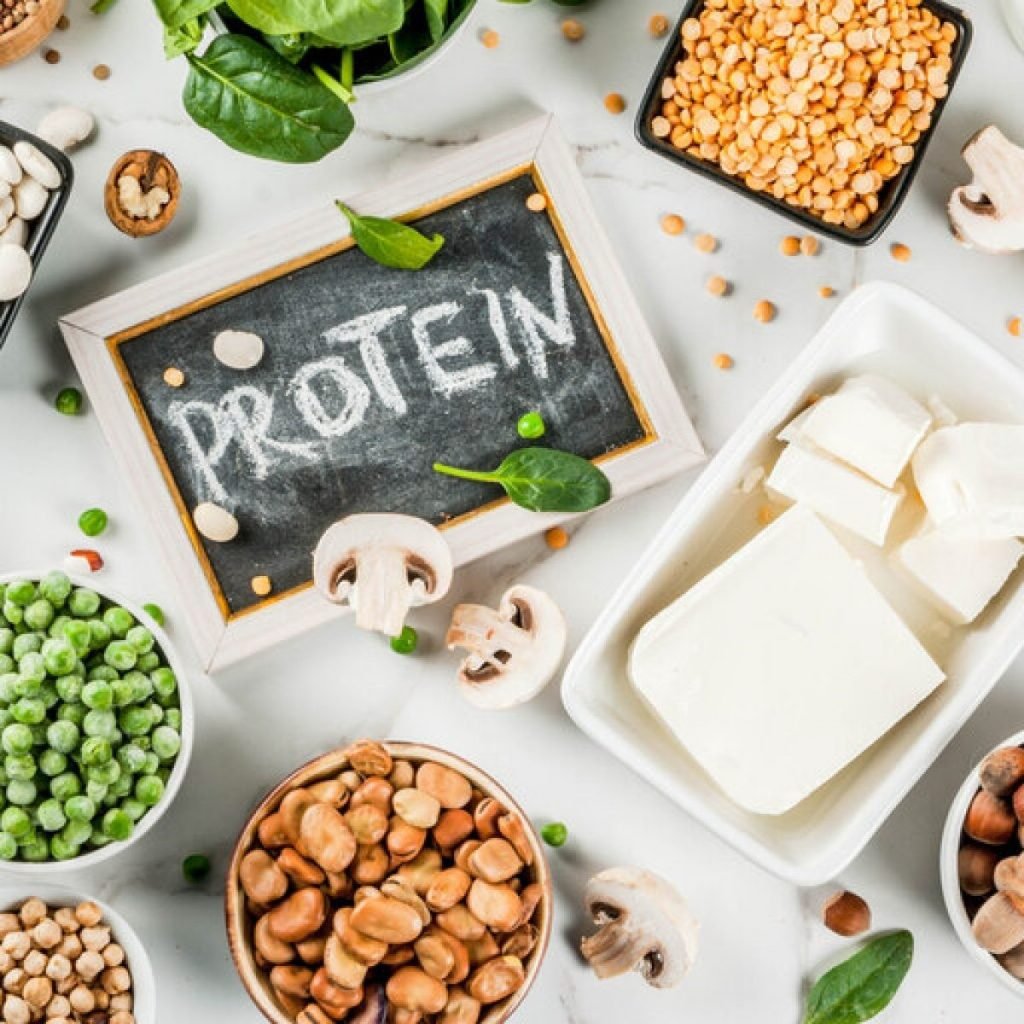Preparing for the SSB (Services Selection Board) medical examination can be an intense journey, especially when it comes to meeting the stringent physical criteria set by the Indian Armed Forces. Achieving the desired weight is not just about aesthetics; it is a crucial part of the selection process.
This guide will provide you with effective, science-backed strategies on how to lose weight quickly and safely for SSB medical, ensuring you are well-prepared for your assessment.
Understanding Weight Loss Fundamentals
The Science of Weight Loss
Weight loss fundamentally revolves around the concept of energy balance, which refers to the relationship between the calories consumed and the calories expended. To shed pounds, one must create a calorie deficit—burning more calories than consumed.
- Caloric Intake vs. Caloric Expenditure: If you consume more calories than your body needs, you will gain weight. Conversely, a calorie deficit leads to weight loss. It is essential to focus on losing fat while preserving muscle mass, promoting a healthy metabolism.
The Role of Metabolism
Metabolism is the process through which your body converts food into energy. Factors influencing metabolism include age, gender, muscle mass, and physical activity level. A higher metabolic rate can facilitate easier weight loss.
- Boosting Metabolism: Engaging in regular physical activity and incorporating strength training can enhance your metabolic rate, allowing you to burn more calories even at rest.
Also Read | Indian Army Sports Quota Recruitment 2024 Out for Havildar & Naib Subedar Posts
Creating a Sustainable Nutrition Plan
Assessing Current Eating Habits
Before embarking on any weight loss plan, it’s vital to evaluate your current dietary habits. Identify areas that need improvement and make necessary adjustments.
- Avoid Processed Foods: These foods are typically high in calories and low in nutritional value. Instead, focus on whole, nutrient-dense options that provide more satiety and essential nutrients.
Macronutrient Distribution
A balanced diet should include an appropriate mix of macronutrients: proteins, carbohydrates, and fats.
- Importance of Protein: Protein-rich foods help you feel fuller longer, support muscle retention, and aid in metabolism. Aim to include a source of protein in every meal.
- Choosing Healthy Carbohydrates: Opt for complex carbohydrates such as whole grains, fruits, and vegetables, which provide sustained energy without causing spikes in blood sugar levels.
- Incorporating Healthy Fats: Healthy fats, such as avocados, nuts, and olive oil, are crucial for hormone regulation and overall health.
Meal Timing and Portion Control
Distributing your caloric intake across multiple meals throughout the day can help regulate hunger and energy levels.
- Smaller, Frequent Meals: Aim for 4-6 smaller meals rather than a few large ones. This approach can prevent overeating and stabilize blood sugar levels.
- Mindful Portion Control: Be aware of portion sizes, even when consuming healthy foods, to avoid excess caloric intake.
Importance of Hydration
Staying adequately hydrated is essential for weight loss.
- Water Intake: Aim for at least 8-10 glasses of water daily. Staying hydrated can help control appetite and boost metabolic function.
- Incorporating Fiber: Foods high in fiber, such as fruits, vegetables, and whole grains, can help you feel full and satisfied, reducing the likelihood of overeating.
Structuring an Effective Exercise Regimen
The Importance of Physical Activity
Regular physical activity is a cornerstone of any weight loss strategy. A well-rounded exercise program should include cardiovascular, strength, and flexibility training.
- Cardiovascular Workouts: Engage in activities like running, cycling, or swimming to burn calories and improve cardiovascular health. Aim for at least 150 minutes of moderate-intensity cardio weekly.
- Strength Training: Incorporate resistance exercises to build lean muscle mass. Increased muscle contributes to a higher resting metabolic rate, enhancing calorie burn.
Flexibility and Mobility Training
Incorporating flexibility and mobility exercises can improve your overall physical condition.
- Yoga and Stretching: Activities like yoga can enhance flexibility, reduce injury risk, and promote relaxation, which can be beneficial for weight loss.
Consistency and Progression
Establishing a consistent workout routine is vital for long-term success.
- Gradual Intensity Increases: As your fitness level improves, gradually increase the intensity, duration, and frequency of your workouts to continue challenging your body.
The Role of Sleep and Stress Management
Prioritizing Quality Sleep
Sleep is often an overlooked aspect of weight loss. Adequate rest is essential for hormonal balance and recovery.
- Sleep Recommendations: Aim for 7-9 hours of quality sleep each night. Poor sleep can disrupt hormones that regulate appetite, leading to increased hunger and cravings.
Managing Stress Levels
High stress can lead to emotional eating and hinder weight loss efforts.
- Stress-Reduction Techniques: Incorporate practices such as meditation, deep breathing, or engaging in hobbies to manage stress levels effectively.
Monitoring Progress and Making Adjustments
Tracking Your Journey
Regularly monitoring your weight loss progress can help you stay accountable and motivated.
- Measuring Success: Keep track of your weight, body measurements, and how you feel overall. Celebrate small victories to maintain motivation.
Adapting Your Plan
Be open to adjusting your nutrition and exercise plan based on your progress and any challenges you encounter.
Also Read | AOC Physical Test Details, Check Measurements, Endurance Test
Embracing a Healthy Lifestyle
Long-Term Commitment
The ultimate goal is not just to lose weight for the SSB medical examination but to adopt a healthier lifestyle that you can maintain over time.
- Avoiding Crash Diets: Extreme diets can lead to short-term weight loss but are often unsustainable and can result in weight regain.
Incorporating Outdoor Activities
In addition to structured workouts, consider outdoor activities that enhance physical fitness.
- Engaging in Sports: Activities such as football, volleyball, or swimming can be enjoyable ways to improve fitness levels while burning calories.
Sample Meal Plan for Weight Loss
To kickstart your journey, here’s a sample meal plan aligned with Indian dietary preferences, designed to promote weight loss.
| Meal | Menu |
|---|---|
| Early Morning | A glass of warm water with lemon; 5 soaked almonds or walnuts. |
| Breakfast | Option 1: Vegetable poha with peas and carrots; Option 2: Idlis with sambar and chutney. |
| Mid-Morning Snack | A seasonal fruit (orange, apple, or papaya) and a cup of green tea. |
| Lunch | Option 1: Whole wheat rotis with dal and sabzi; Option 2: Brown rice with grilled paneer. |
| Evening Snack | Roasted chana or a handful of nuts with green tea or buttermilk. |
| Dinner | Option 1: Grilled chicken or paneer tikka with vegetables; Option 2: Light khichdi. |
| Bedtime | A glass of warm milk with turmeric or a couple of dates. |
Additional Strategies for SSB Interview Weight Loss
- Quality Sleep: Ensure you get 7-8 hours of uninterrupted sleep to help regulate hunger levels.
- Whole Foods: Replace processed foods with whole, nutrient-rich options to minimize calorie intake.
- Increase Protein: Incorporate protein into every meal to enhance satiety.
- Stay Hydrated: Drink plenty of water throughout the day to support weight loss efforts.
- Structured Nutrition: Develop and adhere to a consistent nutrition plan that aligns with your goals.
- Full Body Workouts: Engage in comprehensive workouts five times a week to elevate metabolism and prevent muscle loss.
- Yoga Practice: Include yoga sessions in your routine to reduce stress and promote weight loss.
- Outdoor Activities: Participate in outdoor sports to enhance physical fitness and enjoyment.
- Swimming: Utilize swimming as a full-body workout that boosts endurance and burns calories.
Also Read | 7 Things Psychologists Wish You Knew
Conclusion
Embarking on a weight loss journey for the SSB medical examination requires a multifaceted approach, focusing on nutrition, exercise, sleep, and stress management. By understanding the principles of weight loss, creating a balanced nutrition plan, optimizing your exercise routine, and maintaining a healthy lifestyle, you can achieve your weight loss goals effectively and safely. Remember, the key to success lies in consistency, patience, and a commitment to your long-term well-being.
FAQs
1. What is the ideal weight for SSB?
The ideal weight for SSB candidates varies based on height, age, and gender. It’s crucial to refer to the latest guidelines from the Indian Armed Forces to determine your specific requirements.
2. How strict are weight requirements in SSB?
Weight is a significant factor in the SSB medical examination. Candidates must meet established physical standards to qualify for service.
3. Is the SSB interview difficult?
The SSB interview is considered one of the most rigorous selection processes for the Indian Armed Forces. Preparation and a positive mindset can enhance your chances of success.
4. What happens if I don’t meet the weight criteria in SSB?
If you do not meet the weight requirements during the SSB medical examination, you may be given a chance to lose the excess weight and undergo a re-evaluation within a specified timeframe.










